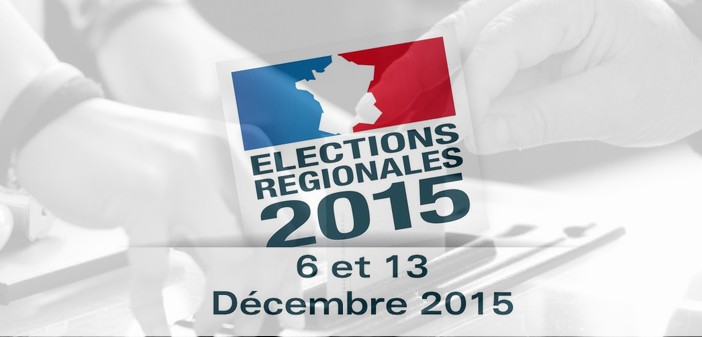The National Front has become the herald of protest. Its socio-populist policy exploits the theme of decline (real or not), denounces the loss of national vigor, and refuses the complexity of a globalized world. In fact, it opposes more than it proposes, but from one election to the next, it disrupts the national political landscape.
The National Front asserts its desire to regain control of the economy by retreating to the national space.
This approach aims to address the concerns sparked by insufficiently regulated globalization and the disappointment caused by a Europe unable to provide the necessary protections, particularly against mass unemployment.
When facing the National Front, it is not enough to denounce the unrealistic and mundane nature of its proposals. It is also essential to respond to the demand.
The new governance resulting from regional elections could, in this spirit, be an opportunity to enhance territories more, conceived as spaces where one can act to make the economy more inclusive and resilient.
Rediscovering in more accessible perimeters, with an identity more easily recognizable, a collective ability to decide the future, without breaking away from an economy and society open to the world.
Proposing alternatives to the retreat suggested by the National Front is all the more necessary because its economic discourse is simply a counterpart to the identity discourse that rejects others.
A discourse that fosters a climate of division and social hatred, precisely the breeding ground on which radical Islamism also thrives.


